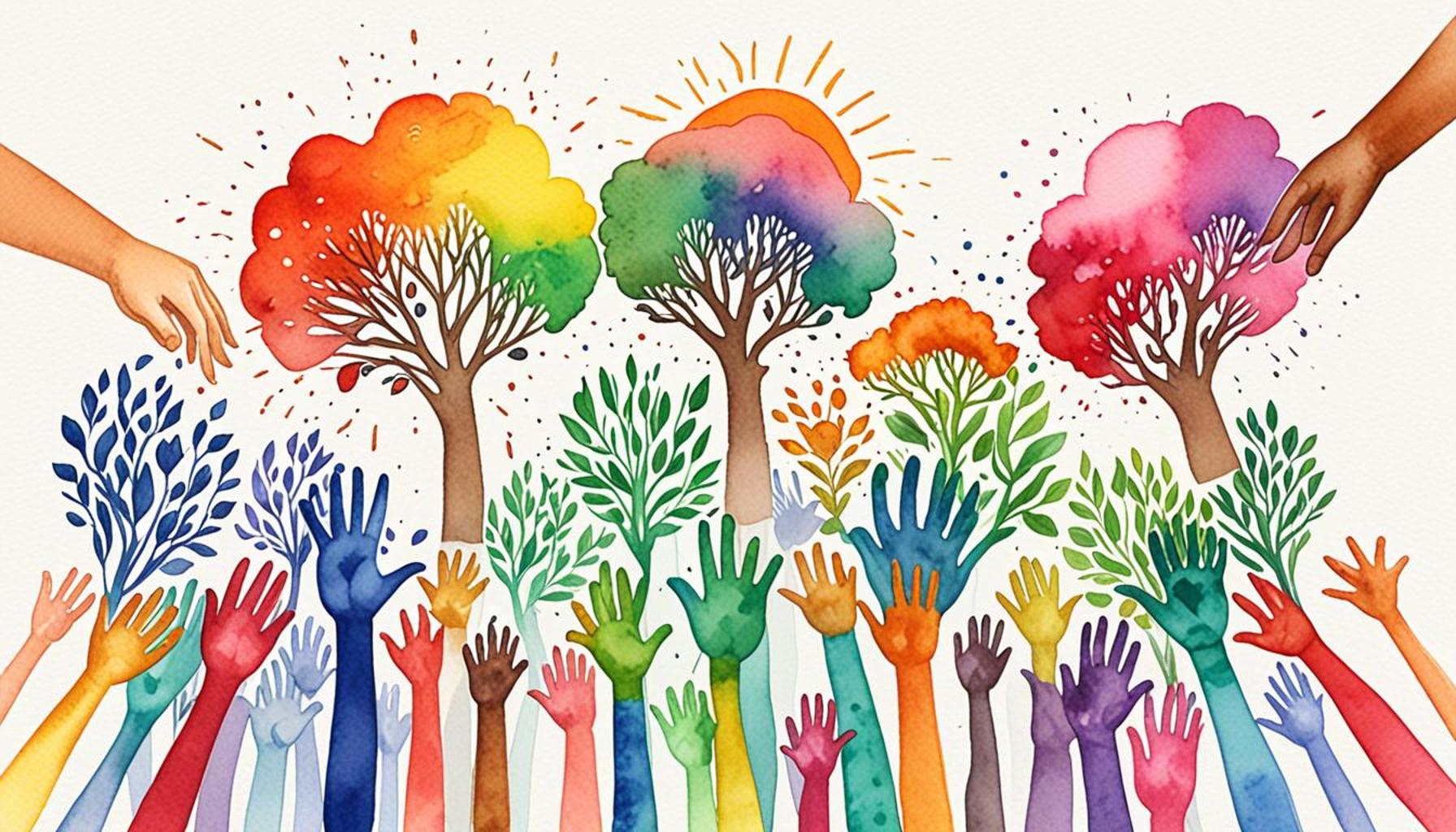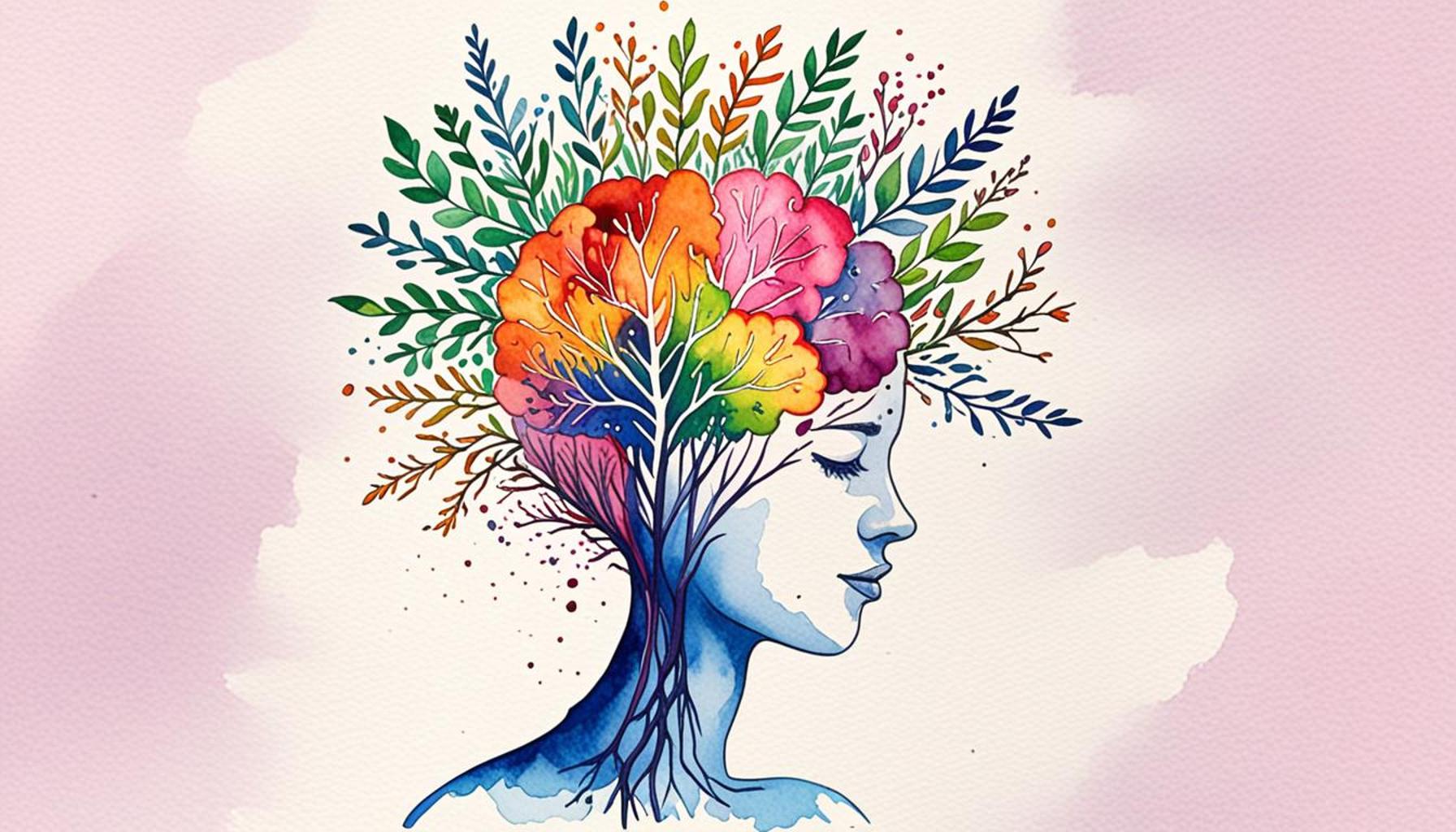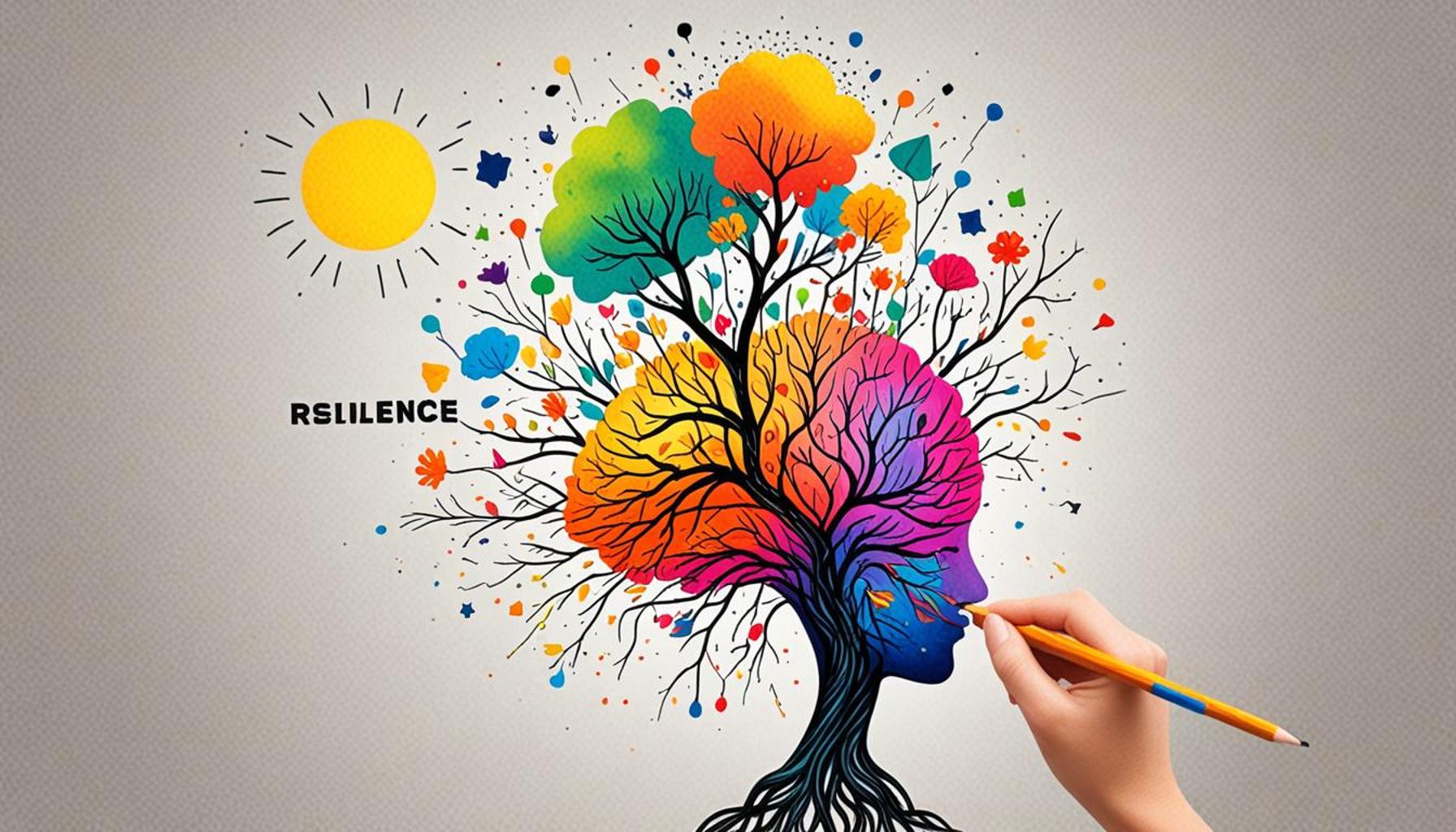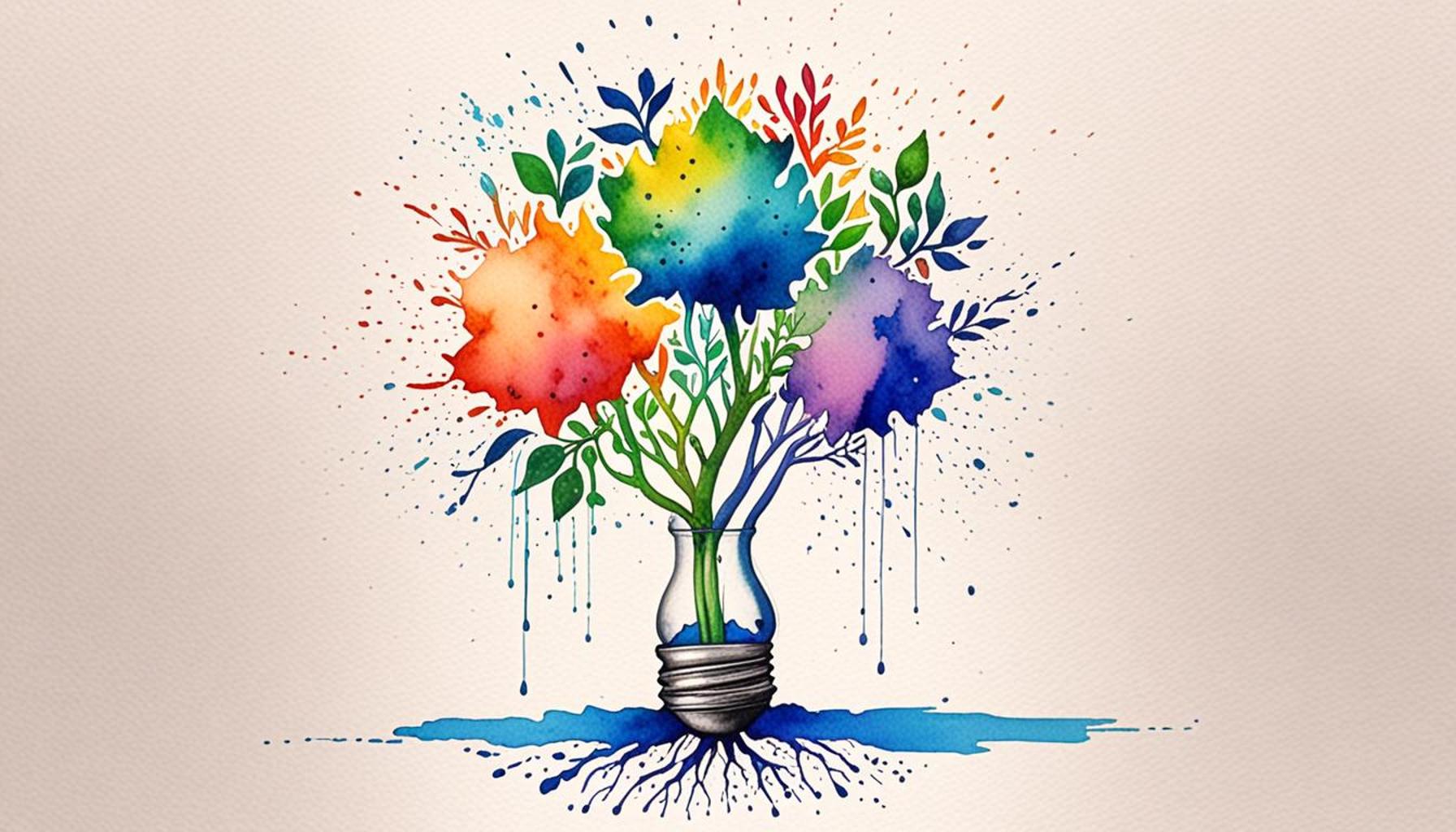Resilience in Communities: How Groups Can Adopt a Growth Mindset to Face Crises

The Importance of Resilience in Community Dynamics
Crises can strike at any moment, challenging the very fabric of our communities. In Nigeria, natural disasters such as floods and droughts, economic downturns, and social unrest have vividly illustrated our vulnerability. Yet, these challenges also present opportunities for growth and adaptation. The capacity of a community to withstand and recover from these battles is essential for its long-term stability and prosperity.
The Power of a Growth Mindset
Adopting a growth mindset enables communities to face adversity with strength and creativity. This mindset, originally popularized by psychologist Carol Dweck, encourages individuals to see failures as learning experiences rather than as endpoints. For instance, when a community faces a devastating flood, instead of succumbing to despair, a growth-oriented mindset prompts members to analyze the situation, learn from the mistakes made during the recovery process, and implement better flood management strategies in the future. This approach can lead to innovations, such as improved drainage systems, community-based emergency response teams, and educational programs on climate adaptation. Communities like Makurdi in Benue State, which has experienced severe flooding, have adopted proactive strategies to safeguard their areas through better urban planning and resource management.
Key Characteristics of Resilient Communities
- Collaboration: Working together to solve problems fosters a sense of unity and shared purpose. For example, community health initiatives thrive when local organizations pool resources and knowledge, resulting in significant improvements in public health outcomes.
- Adaptability: The ability to pivot and adjust plans in the face of changing circumstances is crucial. During the COVID-19 pandemic, many Nigerian businesses adapted by shifting to digital platforms to maintain operations, showcasing their resilience.
- Self-awareness: Recognizing strengths and weaknesses leads to more effective strategies during crises. This self-assessment allows communities to leverage their existing resources while seeking external support where necessary.
By cultivating these traits, communities in Nigeria can harness the power of collective resilience. The journey entails engaging in continuous self-reflection, sharing experiences, and disseminating knowledge. As we explore ways to adopt a growth mindset, initiatives such as community workshops, training programs, and collaboration with local leaders can prove invaluable in helping us withstand challenges and emerge stronger. Communities that embody resilience are not only better equipped to handle immediate crises but also lay the groundwork for sustainable growth in the long run.
CHECK OUT: Click here to explore more
Strategies for Fostering a Growth Mindset in Communities
Fostering a strong growth mindset within a community is not merely a theoretical exercise, but a practical necessity, especially in the face of frequent crises. How can communities in Nigeria cultivate this critical mindset? By actively implementing a series of strategic initiatives, groups can enhance their resilience and adaptability in challenging times.
Education and Training Programs
One effective approach to building resilience is through education and training programs that emphasize the concept of a growth mindset. Community workshops, seminars, and discussions can provide individuals with the tools to view setbacks as opportunities for learning. Programs focusing on problem-solving, emotional intelligence, and innovative thinking can empower community members to approach crises proactively. For example, organizations in Lagos have been known to conduct skills training that not only prepares residents for economic challenges but also encourages creative thinking in the face of adversity.
Community Engagement and Participation
Engagement and participation from all demographic segments are crucial in reinforcing a shared vision of resilience. When community members feel that their voices are heard, they are more likely to contribute to collective goals. Initiatives such as town hall meetings can be instrumental in bringing people together to discuss challenges and co-create solutions. A notable case is the community-driven response to the COVID-19 pandemic in rural Nigeria, where residents organized local support networks to ensure vulnerable populations received necessary resources, illustrating the power of communal effort.
Resource Sharing and Collaboration
Successful and resilient communities thrive on resource sharing and collaboration. By pooling their resources—such as knowledge, finances, and human capital—communities can create comprehensive support systems that are better equipped to tackle crises. Collaborations with NGOs, local government bodies, and private sectors can enhance access to vital resources. For instance, partnerships in Kano have led to the establishment of community gardens that not only improve food security but also foster teamwork and civic pride among residents.
Encouragement of Innovation
Innovation is a driving force behind resilience. Communities should encourage creative problem-solving and support local entrepreneurs willing to experiment with new ideas. Initiatives like startup incubators can provide budding entrepreneurs with mentorship and funding, enabling them to develop solutions tailored to the unique challenges their communities face. Success stories in Ibadan, where tech incubators have helped local youth innovate in agriculture or health tech, showcase how resilience can flourish in a supportive environment.
By embracing these strategies, communities in Nigeria can not only adapt to crises but also create a legacy of resilience and growth. This journey requires an intentional commitment to cultivating a culture of shared learning, collaboration, and proactive problem-solving. Ultimately, communities that adopt a growth mindset will not just survive, but thrive in the face of adversity, becoming beacons of hope and strength for future generations.
In times of crises, communities that embody resilience demonstrate a remarkable ability to adapt and thrive despite significant challenges. One of the key aspects of nurturing this resilience is the adoption of a growth mindset, as popularized by psychologist Carol Dweck. A growth mindset fosters the belief that abilities and intelligence can be developed through dedication and hard work, thereby encouraging collective problem-solving and collaboration among community members.
The impact of this mindset goes beyond individual improvement; it cultivates a culture where sharing knowledge, resources, and strategies becomes the norm. For example, during the COVID-19 pandemic, many communities came together to provide mutual aid, ensuring that vulnerable members had access to food, healthcare, and emotional support. This collaborative spirit highlights how a growth-oriented approach enables communities to leverage their strengths in overcoming adversities.
Furthermore, resilience isn’t solely about bouncing back; it’s also about the capacity to grow and innovate in the face of uncertainty. Initiatives that prioritize educational resources, mental health support, and open communication channels can empower individuals to face challenges head-on. As communities experiment with new solutions, they not only address immediate issues but also lay the groundwork for sustainable practices that can withstand future crises.
Through storytelling and shared experiences, communities can inspire others to embrace a growth mindset. Success stories of resilience not only motivate but also serve as a roadmap for groups seeking to foster similar capacities in their own contexts. Engaging in reflective practices, such as community forums and workshops, can help identify lessons learned, ensuring continuous growth and adaptation.
The journey towards resilience is ongoing and multifaceted. It requires a collective acknowledgment of challenges while fostering an environment where learning and innovation are seen as key components of recovery. By focusing on collaborative growth, communities can transform crises into opportunities for profound change and renewed strength.
| Category 1 | Category 2 |
|---|---|
| Community Collaboration | Fostering unity and shared resources among members to tackle crises effectively. |
| Shared Knowledge | Building a network of support that enhances skills, promotes innovation, and strengthens responses to challenges. |
CHECK OUT: Click here to explore more
Building a Resilient Network of Support
In addition to educational initiatives and innovation, fostering resilience in communities requires the creation of a robust support network. This network ensures that individuals not only thrive during crises but are also empowered to support each other. By focusing on building strong connections within the community, groups can develop a safety net that is essential for overcoming adversities.
Peer-to-Peer Support Systems
Peer-to-peer support systems are invaluable in enhancing community resilience. These systems can take the form of mentorship programs, buddy systems, or peer-led support groups, where individuals share their experiences and strategies for coping with challenges. In Nigeria, some communities have established networks where young people, for instance, mentor less experienced individuals in various skills—from agricultural practices to digital literacy. This not only nurtures individual growth but also fosters a sense of belonging and collective empowerment.
Use of Technology for Connection
Leveraging technology can significantly bolster community resilience, particularly in a country where mobile technology is widely adopted. Utilizing social media platforms, messaging apps, and local forums can facilitate communication and resource sharing among community members. For instance, the use of WhatsApp groups has become particularly popular in many Nigerian neighborhoods. These virtual spaces enable quick dissemination of information, mobilizing resources for emergency needs, and maintaining connections during crises. By fostering virtual communities, residents can overcome geographical and social barriers, creating a more cohesive unit.
Assessing and Addressing Local Needs
Regularly assessing and addressing local needs is a critical aspect of resilience-building. Communities should conduct assessments to identify strengths, weaknesses, and resources available within their populace. Engaging with local leaders and stakeholders to gather input ensures that solutions are tailored to the specific challenges the community faces. For example, a community in Enugu once conducted a needs assessment that revealed a significant lack of access to clean water. By collaboratively creating a plan that involved sourcing funds and labor from community members, they successfully established a water purification system, demonstrating proactive resilience in action.
Celebrating Community Achievements
Recognizing and celebrating community achievements helps build morale and cultivate a positive mindset. Acknowledging individual and collective successes creates a culture that values growth and learning, making it easier for community members to view challenges as stepping stones rather than insurmountable obstacles. Events such as community fairs or award ceremonies can showcase local talents, innovations, and resilience stories, reinforcing the community’s ability to thrive during crises and further motivating members to maintain a growth mindset.
Integration of Mental Health Awareness
Integrating mental health awareness into community resilience strategies is crucial. Crises can take a significant toll on individuals’ mental well-being; thus, communities need to foster environments where mental health is prioritized. Offering workshops and training on mental health can help dismantle stigmas, encouraging individuals to seek help and support when needed. Programs in regions like Ogun State have shown promise by combining mental health advocacy with community dialogue, allowing residents to express their concerns and learn coping strategies together.
By actively working on these interconnected elements, communities in Nigeria can harness the collective strength required to face crises. These strategies create an environment where resilience is ingrained into the very fabric of the community, facilitating a culture of support, innovation, and adaptability that is essential during tough times.
RECOMMENDED: Check out this similar article
Conclusion
In today’s world, the capacity for resilience in communities is more critical than ever. By adopting a growth mindset, groups can transform challenges into opportunities—building stronger, more cohesive networks capable of withstanding various crises. The establishment of peer-to-peer support systems, the effective use of technology, and regular assessments of local needs are foundational strategies that enhance community strength and cohesion.
Moreover, celebrating small victories reinforces a culture of appreciation and fosters an environment where individuals feel empowered to contribute their skills and ideas. When communities prioritize mental health awareness, they further fortify their foundations, ensuring that members are not only equipped to face external challenges but also supported in their emotional and psychological well-being.
As demonstrated through numerous local initiatives, such as those in Enugu and Ogun State, the commitment to building resilience is not merely about surviving crises but thriving in the aftermath. With a collective approach to problem-solving and a focus on shared successes, communities can cultivate an atmosphere of innovation and adaptability. Ultimately, by nurturing these values, Nigeria’s communities can emerge stronger, more united, and prepared to tackle whatever challenges lie ahead.
The journey to resilience is ongoing, but with the right mindset and tools in place, communities have the potential to not just endure but flourish through adversity.



